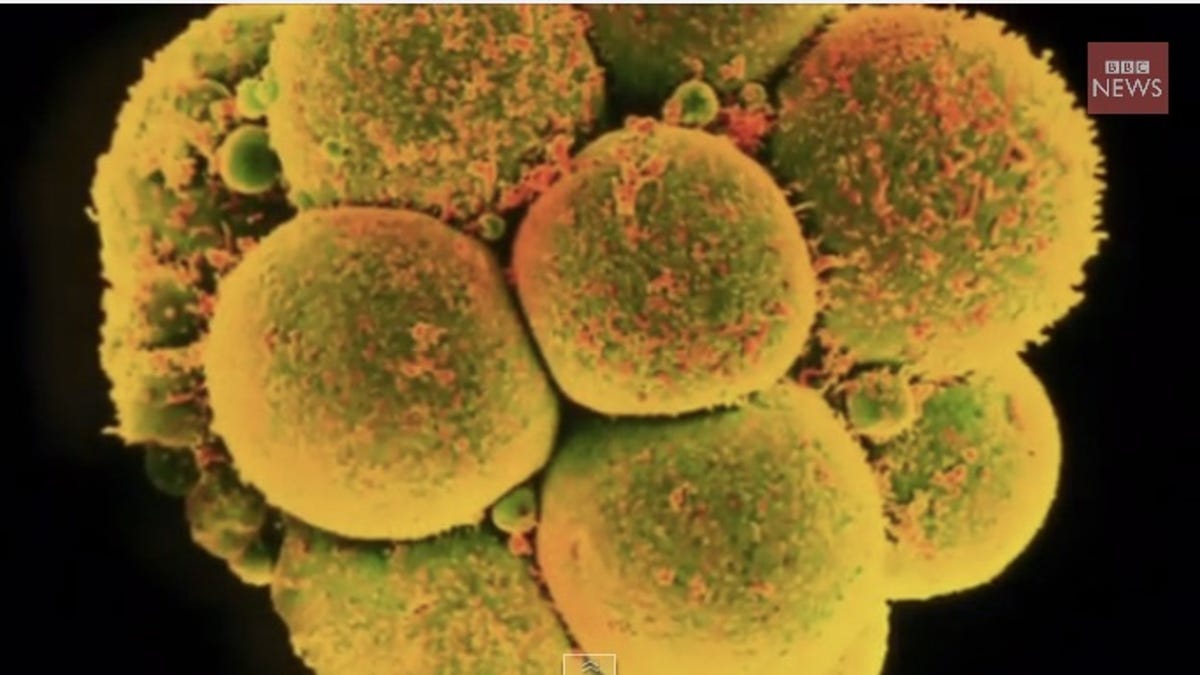Many types of cancers are merely bad luck, study shows
Rather than being caused by lifestyle choices, many cancers are merely the result of freak mutations, says a new US study.

Most of those closest to me who have died succumbed to cancer.
Watching them deteriorate, one thought angrily nagged at my mind: "This makes no sense."
A new study, published in this month's issue of Science magazine, offers the painful conclusion that lifestyle factors -- often these attributed as a cause of many cancers -- only account for around one-third of cases.
Instead, the vast majority is simply bad luck. Yes, the scientists actually used that term.
The researchers were from Johns Hopkins University School of Medicine and Bloomberg School of Public Health. What they did was look at stem cell divisions in 31 different cell types. They then compared those with the chances of getting cancer in those areas.
The research report says that the majority of cancers are caused by "random mutations arising during DNA replication in normal, noncancerous stem cells."
The body's cells regenerate in seemingly random ways. New cells, created through division, replace old ones. However, as that division happens, the so-called letters of its genetic code may suffer distortion. This may portend an increased chance of cancer.
One of the research team members, oncology professor Cristian Tomasetti, told the BBC that lifestyle choices weren't suddenly irrelevant.
However, he said: "If two-thirds of cancer incidence across tissues is explained by random DNA mutations that occur when stem cells divide, then changing our lifestyle and habits will be a huge help in preventing certain cancers, but this may not be as effective for a variety of others."
The cancers which, the researchers say, are still hugely influenced by lifestyle factors include colon cancer (diet and genes play a huge role), lung cancer (smoking) and Basal cell carcinoma (excessive exposure to UV rays).
In this work, neither breast cancer nor prostate cancer was examined. The researchers didn't find a consistent rate of stem cell division.
A strong conclusion of this work is that there has to be a greater scientific emphasis on early detection.
In a sense, though, the concept of bad luck has an infinite quality. It's bad luck if you happen to be born into a family with genetic factors that make cancer more likely. It's bad luck if you're born into an environment where bad diet is the norm.
Every day, we struggle against the hands that we've been dealt and hope that we can have a full life, rather than one cut short by apparently arbitrary factors.
There's a real absurdity to it all.

